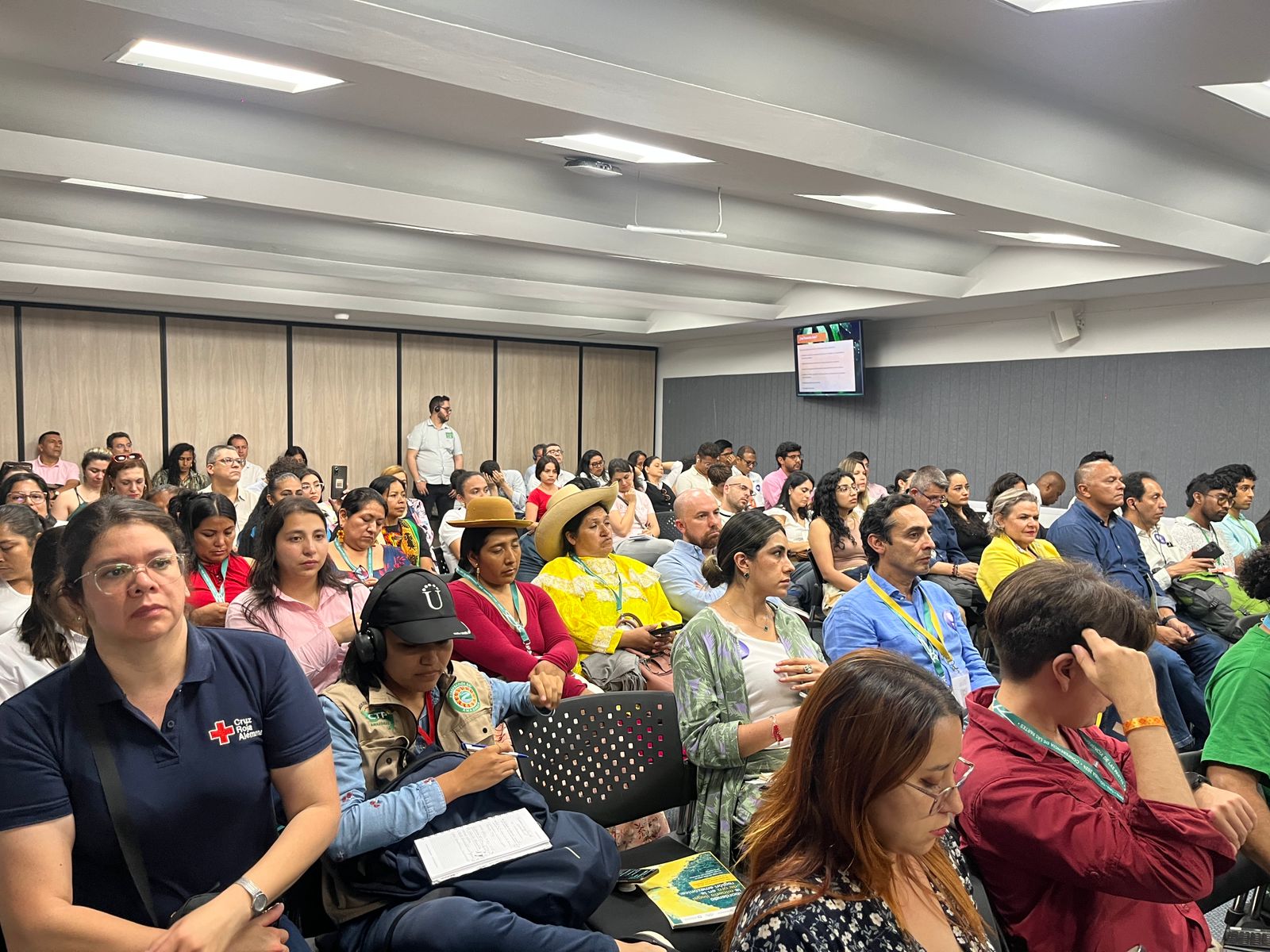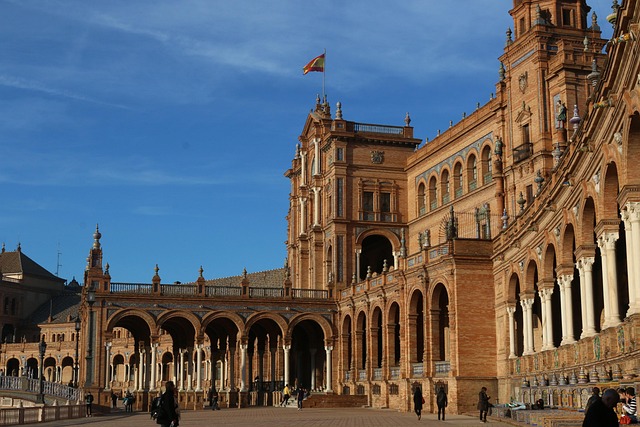This October, with partners from the Regional Group for a Just Energy Transition in Latin America and the Caribbean (LAC), Publish What You Pay (PWYP) attended its first United Nations (UN) Biodiversity Conference, COP16, in Colombia. This event gathered the countries that have signed the Convention on Biological Diversity (CBD), and many other stakeholders. We were there to advocate for a just, community-led, feminist, and inclusive energy transition. We monitored conversations in the Blue Zone, where negotiations happen, and in the Green Zone, a collaborative space hosting many Indigenous and community voices.
What have we learned from our participation and what are the next steps for our region?
Obstacles to impactful community participation
COP16 was presented by the UN as a “People’s COP”, aiming to build “Peace with Nature” by addressing global biodiversity challenges. Unlike past Biodiversity conferences, this summit showcased substantial participation of Latin American civil society in the Green Zone. This provided peasants, Afro-descendant and Indigenous communities with a platform to amplify their demands, including: an Amazon free of fossil fuels; recognition of collective rights over strategic biodiverse territories; and effective state action against illegal mining in high-biodiversity areas.
The message was clear: transitioning to a sustainable economy requires prioritising communities, respecting planetary limits, and promoting a truly equitable and people-centred development model. However, several obstacles hindered the full integration of community and citizen voices into central discussions. First, important agreements are often reached between country delegations, with no possibility for civil society to input. Secondly, the Blue and Green Zones were quite far from each other distance wise. This further isolated voices that are already largely marginalised, and prevented them from taking part in the decision-making space. This limited the impact of the so-called “People’s COP”.
Missed opportunities for a just energy transition at COP16
At the UNFCCC COP28 in Dubai last year, countries recognised the need for a transition away from fossil fuels. At COP16, we were hoping to see a recognition of the impact of fossil fuels on strategic ecosystems in the final text. But this didn’t happen. This is challenging for civil society seeking a more decisive agenda in future international negotiation, especially in the lead up to COP30.
And this is not all. Only 33 of the 190 countries presented a biodiversity action plan, although they all committed to develop one. From LAC, only Colombia, Mexico and Cuba upheld their commitment. This underscores the urgent need for the region to not only sign commitments, but also to act as a leading player in the development of policies for a better governance of natural resources.
Latin America can lead the just energy transition
The LAC region can be a pioneer in meeting climate objectives for 2030. At the UNFCCC COP30 in 2025 in Rio, Brasil, countries will renew their Nationally Determined Contributions (NDCs) – their plans to reduce national emissions and adapt to climate change. This will be a key moment for LAC countries to boldly call for a just energy transition that centres community voices.
Building on the commitments made under the Paris and Escazú agreements, the region is well-positioned to adopt conservation and renewable energy policies that safeguard biodiversity, uphold human rights, include rural and urban communities, eliminate fossil fuel dependence in a way that is just to everyone, and avoid creating new environmental injustices.
Financing this transition should not only channel investments into renewable energies and community-based energy models, but also progressively phase out financial support for oil and gas industries, particularly state subsidies. Climate finance must also include capacity-building and technology transfer, prioritising initiatives that do not create additional debt. Furthermore, funding must be transparent and respect national and international standards to protect communities and ecosystems.
For LAC, a just energy transition also requires more ambitious and coordinated international cooperation.
Changing the consumption model and rejecting unsustainable solutions
A just energy transition demands a transformation of global consumption patterns. Dependence on fossil fuels and materials must be reduced, adopting sustainable models and respecting the planet’s biophysical limits. To achieve this, it is essential to acknowledge the ecological debt owed by the Global North, due to their greater demand and consumption, to the Global South. We also need to promote energy efficiency policies that reduce demand in LAC region countries, supporting development models that do not overexploit natural resources.
In this context, it is crucial to scrutinise technological “solutions” and narratives – such as gas being considered a transition fuel – that promise a “transition” but continue to reproduce exploitative dynamics. They risk perpetuating community displacement and territorial exploitation in the name of sustainability, whilst failing to address the structural problems that have generated the climate crisis. The energy transition must not serve as an excuse to expand extractive boundaries or to exhaust common natural resources and minerals.
A future based on harmony with the planet
Imagining a world where development relies not on resource extraction but on harmonious coexistence with nature is essential to a truly just energy transition. This shift requires recognising Earth’s rights, respect for peoples’ self-determination, and a commitment to creating a dignified future for all beings. Rather than turning biodiverse territories into sacrifice zones for mineral and fuel extraction, it is time to build models that respect communities and uphold ecosystem integrity.
COP16 marked an initial step toward greater inclusion of civil society in discussions on biodiversity and climate change, but much work remains. LAC has a unique opportunity to lead this historic shift, where a just energy transition places communities, equity, and planetary respect at the centre of every decision.











